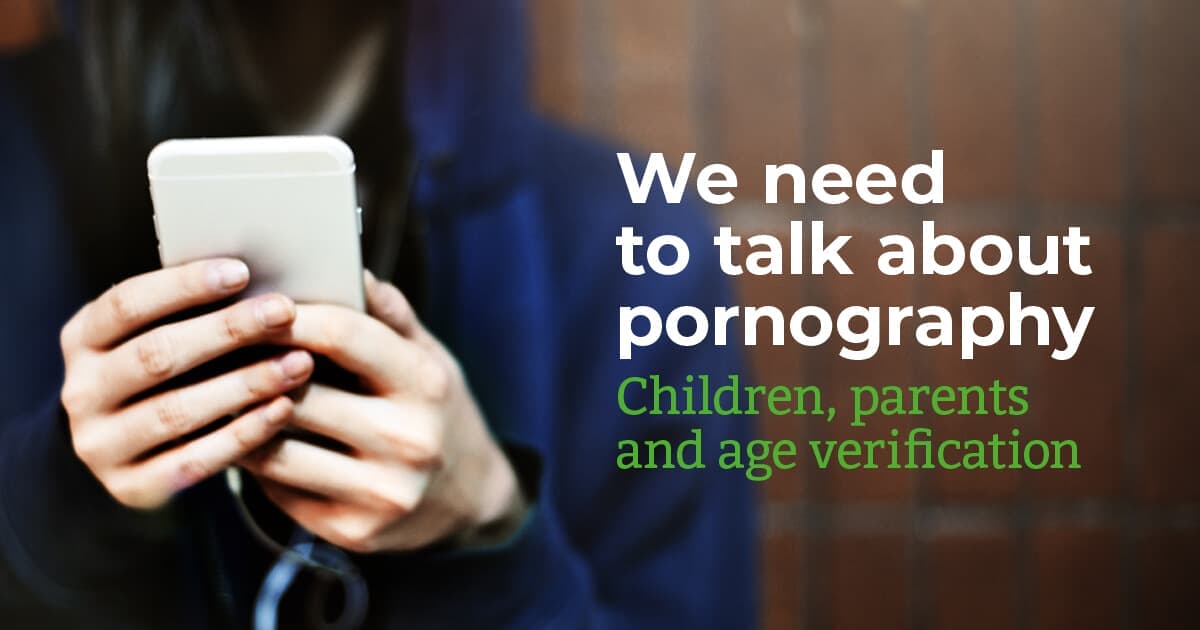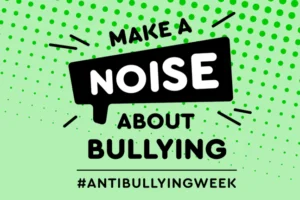Impact of seeing pornography on children
Over a third of parents (34%) are worried exposure to online pornography will cause their children to become desensitised to brutal or violent content, becoming less upset, anxious or disgusted over time.
Tricky conversations for parents to have
Yet the study by Internet Matters shows four out of 10 parents agree that they would not feel comfortable talking to their child about the issue.
The report – We Need To Talk About Pornography – was published today together with a series of 60-second videos from psychologist and Internet Matters ambassador Dr Linda Papadopoulos – giving parents advice on how to help parents address pornography with their children starting from the age of six.
A skewed view of sex and relationships
Parents biggest concerns are around how the extreme, explicit nature of some of the content is leaving children with a skewed idea of what real sex is – with 48% saying pornography gives “improper sex education” leaving children with an unrealistic view of what is ‘normal’.
More than half (52%) worry their children would think online pornography represents typical sex while 47% said it gives a poor portrayal of women in pornography including violence and abuse.
Over four out of 10 (44%) said it will influence what kids will expect in normal sexual relationships – with 38% having expectations to engage in specific sexual acts as part of a relationship.
Improper sex education and understanding of consent
Over a third (36%) of parents said online pornography gives children an improper education about asking for and getting consent, 34% say it harms their kids’ body image – with 27% saying it encourages poor self-esteem as kids judge themselves against the actors.
One in three parents (33%) worry their child will become addicted to pornography – with more worrying this about their sons (36%) than their daughters.
Yet 64% of parents of girls who have seen pornography are concerned about their child potentially sharing inappropriate sexual images than those parents whose children were not exposed – compared to 54% of parents of boys.
Differences between mums and dads
Meanwhile, mums and dads have differing views when it comes to their children viewing pornography online – with fathers appearing less worried about the impact it can have on kids.
Nearly three out of 10 fathers (28%) agreed they don’t mind their children seeing online pornography as it “is part of growing up” in contrast to 17% of mums. And 17% of dads agreed that there are worse things their children can do than watch pornography online versus 30% of mums saying the same.
Some 42% of mums were concerned pornography would give rise to expectations to engage in specific sexual acts as part of a relationship, versus 34% of dads, and 38% of mums worried their kids would become desensitised to brutal/violent content in contrast to 32% of dads.
Introduction of Age-verification law
The research comes as the government announced last month that age-verification for commercial adult content websites will be rolled on next month (July 15, 2019).
Age-verification was approved as part of the Digital Economy Act last year in a bid to stop under 18s accessing inappropriate content and the British Board of Film Classification were designated as the age-verification regulator.
The research of more than 2,000 UK parents found only 54% of parents saying they’d have a conversation if they were worried their child was watching pornography. Over a third (34%) agreed they do not know what to do to make sure their children do not watch pornography online.
Supporting parents to have conversations
Together with our ambassador psychologist Dr Linda Papadopoulos we’ve created a suite of video guides to encourage parents to have appropriate conversations with their children about pornography and tackle it head-on, as well as launching new guidance in our advice hub.





